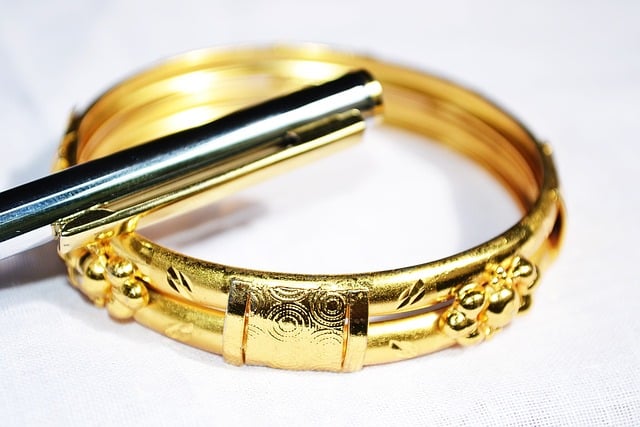
Pure love is what parents feel for their children.
The adjective acendrado is used to describe the behavior , condition or attitude that lacks defects, resulting in pure or integrity . The term derives from the verb acendrar : cleanse, purify.
Some examples
This is a term that is not frequently used in everyday speech. Therefore, we present three example sentences to see it in context and better understand its meaning: “I always worked for the good of the nation with deep patriotism, with no other interest than contributing to the well-being of the population” , “My grandmother was a woman who exercised deep solidarity and was willing to share everything she had with whoever needed it,” “I am united to my wife by a deep love that was born more than half a century ago and remains intact.”
The first sentence shows us the case of a person who claims to have always strived to achieve the well-being of the entire people, moved by a patriotism that has never changed, which has remained firm from the beginning despite the obstacles. We continue with the story of a woman of pure, impeccable solidarity, who did not hesitate to share her belongings with others to satisfy their needs .
Finally, the issuer describes the love he feels for his wife as profound, because it emerged more than five decades ago but has not diminished. Throughout the three examples we see a state that remains unchanged despite external stimuli. In all of us we see strong and pure feelings, such as patriotism, solidarity or love, which form a bond that is very difficult to break and therefore resists almost any attempt to destroy them.
Etymology
Often, the etymological study of a term shows us a somewhat peculiar path, which can lead to a very different or even opposite meaning, or which goes from a literal meaning to a figurative one, or vice versa. In this particular case, we are dealing with an adjective that is in turn the participle of acendrar , a Romance verb that is related to ash , derived from the Latin cinerare , whose meaning can be "treat an object with ashes" or "turn it into ashes." » (note that in Latin, the term for ash is cinis, cineris ).
Returning to the definition of acendrar that we can find through its etymology, it is about exposing a precious metal , especially silver or gold, to ashes and fire, with the aim of eliminating any impurities it may have and obtaining a better one. In other words, through these actions or procedures, purity was achieved in something that had lost it. The adjective, then, indicates that the object has already received such treatment .
Faithful to initial state
It is important to note that the concept refers to that which has no stains or deviations , even when what is referred to is negative or harmful. In other words, what is pure remains faithful to its essence or its state .
Suppose a person is accused of acting with a strong individualism . In this case, mention is made that said subject conducts himself thinking exclusively of his own well-being or interests, being individualistic at all times. That individualism, therefore, is never “affected” by a different attitude.

Acendrado comes from acendrar , a verb that meant "remove impurities from a precious metal."
Deep-seated skepticism , likewise, leaves no room for credulity, hope or optimism. He who shows distrust of this magnitude looks at everything with suspicion, questioning it.
Extreme selfishness, bitter anger, refined humanism, blatant cynicism y deep pessimism son otras expressions que se construyen con esta noción. El sentido del adjetivo es el mismo, estando asociado a la pureza.
